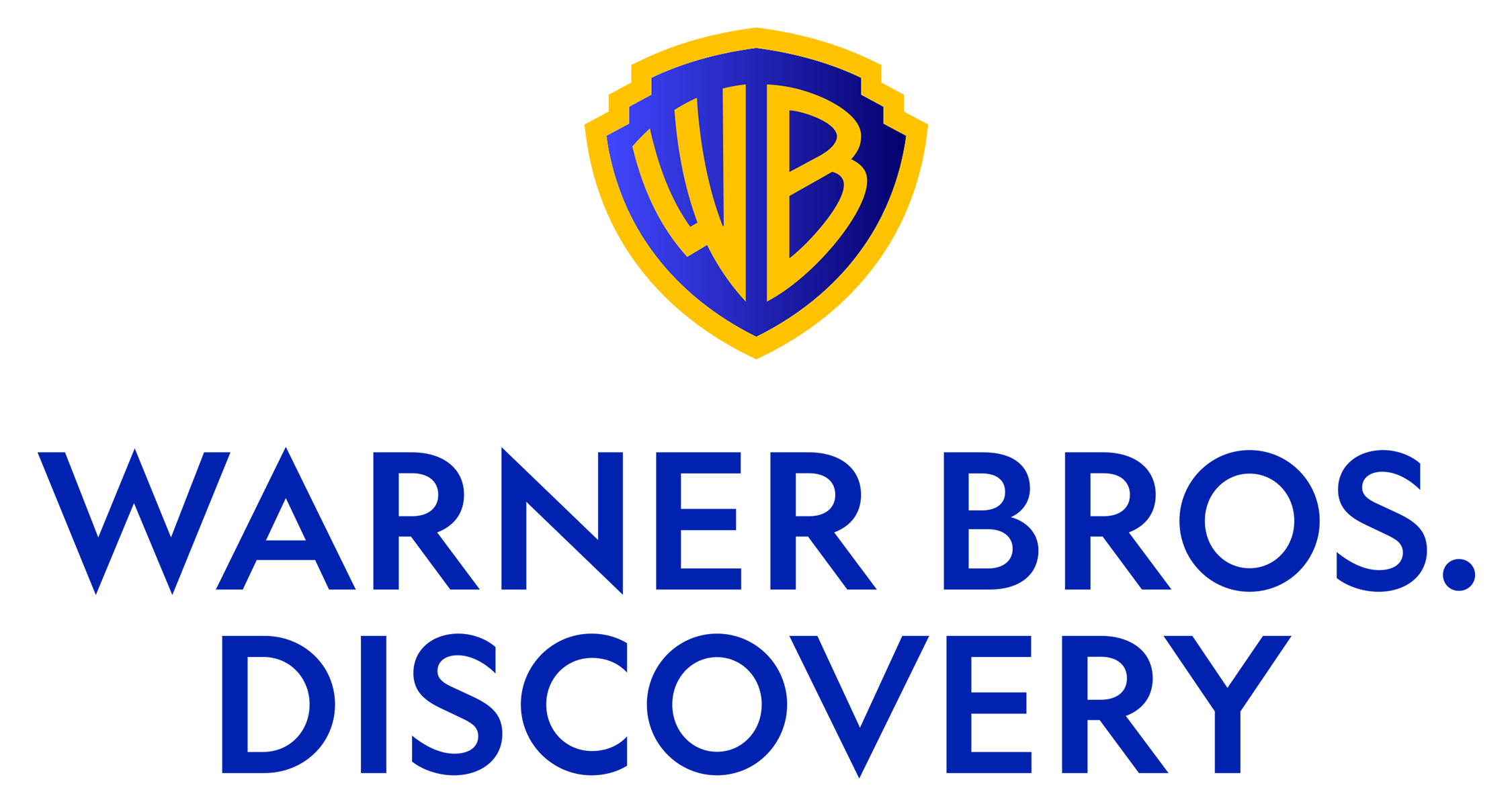WBD Adopts Unified ID 2.0 Solution for Max and discovery+
The implementation is designed to improve addressability and the consumer ad experience in a privacy sensitive manner

NEW YORK—As Warner Bros. Discovery pushes to expand its ad supported streaming efforts, the company has announced that it will integrate Unified ID 2.0 (UID2) across the digital platforms for its entertainment, sports, news and lifestyle brands, including Max and discovery+.
“At Warner Bros. Discovery, we prioritize combining the best TV content available with ad experiences that match the quality of our programming,” said Jim Keller, executive vice president of digital advertising sales and advanced advertising at Warner Bros. Discovery. “Offering new capabilities such as Unified ID 2.0 within our inventory means that our advertisers will be able to leverage their first-party data to target the audiences they want. We look forward to continuing to deliver these new capabilities on behalf of our clients across our wide portfolio of properties.”
Pioneered by the advertising technology provider The Trade Desk, UID2 is an industry-backed identity solution that aims to enable greater personalization in a privacy conscious manner, while maintaining the value exchange of relevant advertising, the companies said.
“Across the open internet, we are looking for more effective ways to connect with a consumer who is using multiple devices, apps and more in an effort to serve a consistent and relevant ad experience through tools like Unified ID 2.0,” said Will Doherty, vice president of inventory development, The Trade Desk. “We welcome Warner Bros. Discovery and their incredible offering of TV content to the growing number of companies who are changing the way advertising is bought and sold through Unified ID 2.0.”
Get the TV Tech Newsletter
The professional video industry's #1 source for news, trends and product and tech information. Sign up below.
George Winslow is the senior content producer for TV Tech. He has written about the television, media and technology industries for nearly 30 years for such publications as Broadcasting & Cable, Multichannel News and TV Tech. Over the years, he has edited a number of magazines, including Multichannel News International and World Screen, and moderated panels at such major industry events as NAB and MIP TV. He has published two books and dozens of encyclopedia articles on such subjects as the media, New York City history and economics.

